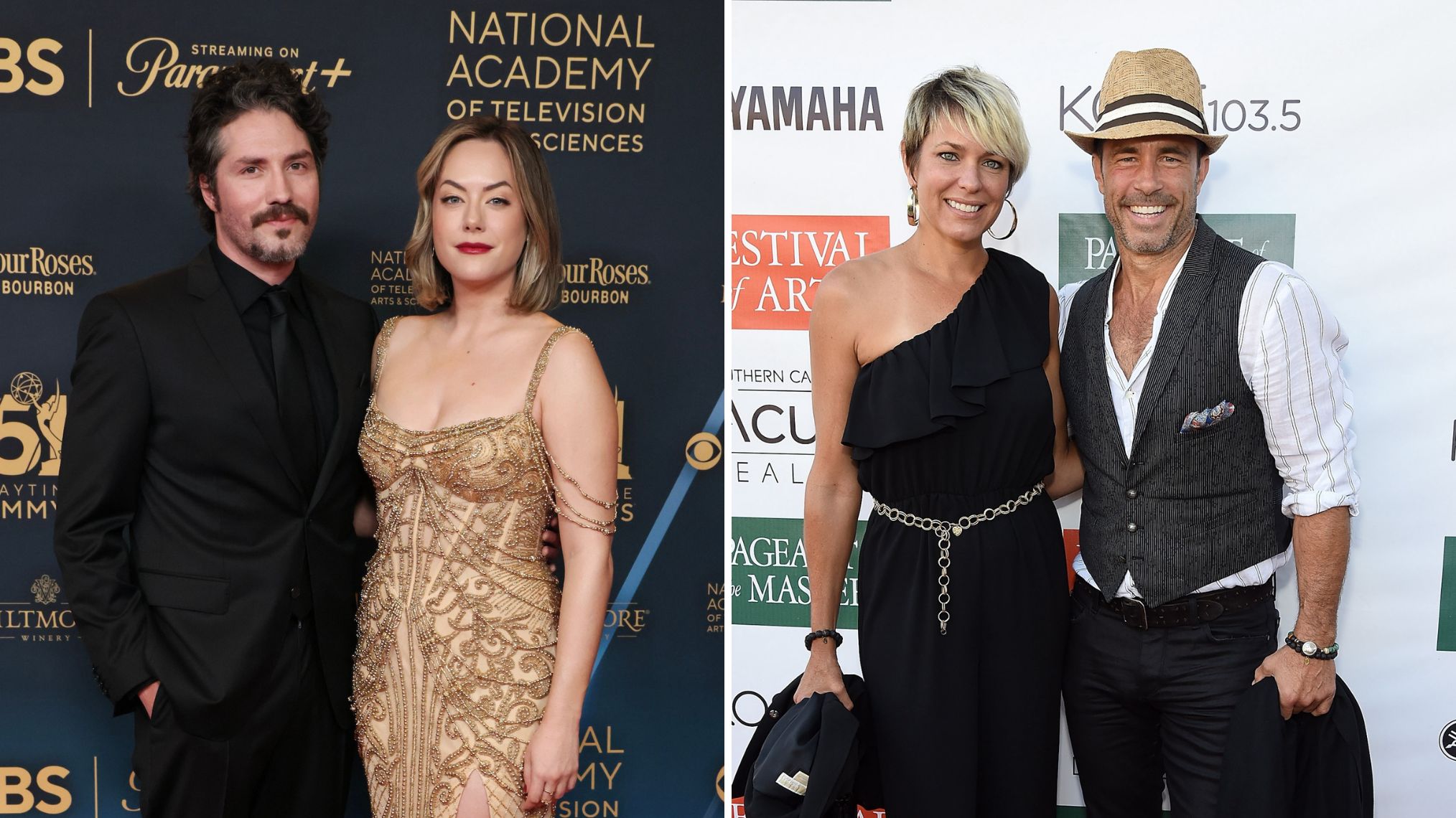
Not too hot, not too cold: That’s how Wharton professor Jeremy Siegel sees the economy after June’s cooler-than-expected inflation data.
“It’s a Goldilocks economy—strong economic growth and falling inflation,” the veteran market watcher told CNBC Friday, arguing that the Federal Reserve’s aggressive interest rate hikes since March 2022 appear to be working their magic to tame inflation.
Siegel’s positive outlook comes after the Bureau of Labor Statistics reported Wednesday that year-over-year inflation sank to just 3% last month, a far cry from the 9.1% four-decade high seen at this time a year ago. And while many economists have warned throughout 2023 that rising interest rates could end up sparking a recession, Siegel doesn’t buy it. “The Fed might stick the landing here, against all expectations,” he said Friday, referring to a “soft landing” where inflation is tamed without the need for a job-killing recession.
To his point, first quarter U.S. GDP growth was revised up to 2% late last month, and the Atlanta Federal Reserve’s GDPNow tracker, which serves as a running estimate for economic growth, is predicting 2.3% GDP growth for the second quarter. That’s far from recession territory.
Siegel also recently noted that consumer spending has been incredibly resilient due to what he calls YOLO, or “you only live once,” shoppers. These summer spenders have been “impervious to the impact of higher borrowing costs” amid a consistently low unemployment rate, the professor explained in his WisdomTree commentary this week. This resilience should help keep the economy growing, he argued, given that consumer spending represents 70% of U.S. GDP.
Despite the recent positive news on the inflation and growth fronts, Siegel said that Fed officials have likely already locked in one more interest rate hike this month. After that, he expects they will be “data-dependent” when determining whether to hike rates again at their next meeting in September, meaning the upcoming consumer price index data and second quarter GDP figures will be critical.
But the Wharton professor said that if he were the Fed chair, he wouldn’t raise interest rates anymore, arguing that inflation has been defeated and the tactic is merely an “attack” on wages which are stuck in “catch-up mode” after years of falling real wage growth during the pandemic.
“I don’t see any reappearance of inflationary trends. I see stability,” he said. “Oil has got its footing, commodity indexes have sort of stabilized, the housing market has stabilized. I don’t see any big inflationary uptick.”
Siegel isn’t alone in his increasingly positive outlook for the U.S. economy. A number of investment banks and CEOs have been forced to revise their previous recession calls as economic data continues to surprise to the upside this year. And BlackRock CEO Larry Fink told CNBC Friday that the U.S. remains in “an incredible position” compared to the rest of the world. With inflation fading and fiscal stimulus from the Infrastructure Investment and Jobs Act, the CHIPS and Science Act, and the Inflation Reduction Act entering the economy, Fink said he believes growth is “going to accelerate” from here.






















![Moneybagg Yo – PLAY DA FOOL [Official Music Video] Moneybagg Yo – PLAY DA FOOL [Official Music Video]](https://i.ytimg.com/vi/q5y5HHUwfBs/maxresdefault.jpg)
![Cardi B – Like What (Freestyle) [Official Music Video] Cardi B – Like What (Freestyle) [Official Music Video]](https://i.ytimg.com/vi/GcNC7YnlhKc/maxresdefault.jpg)
![Quando Rondo – Grow Up [Official Music Video] Quando Rondo – Grow Up [Official Music Video]](https://i.ytimg.com/vi/8zFnCg3BO4Q/maxresdefault.jpg)